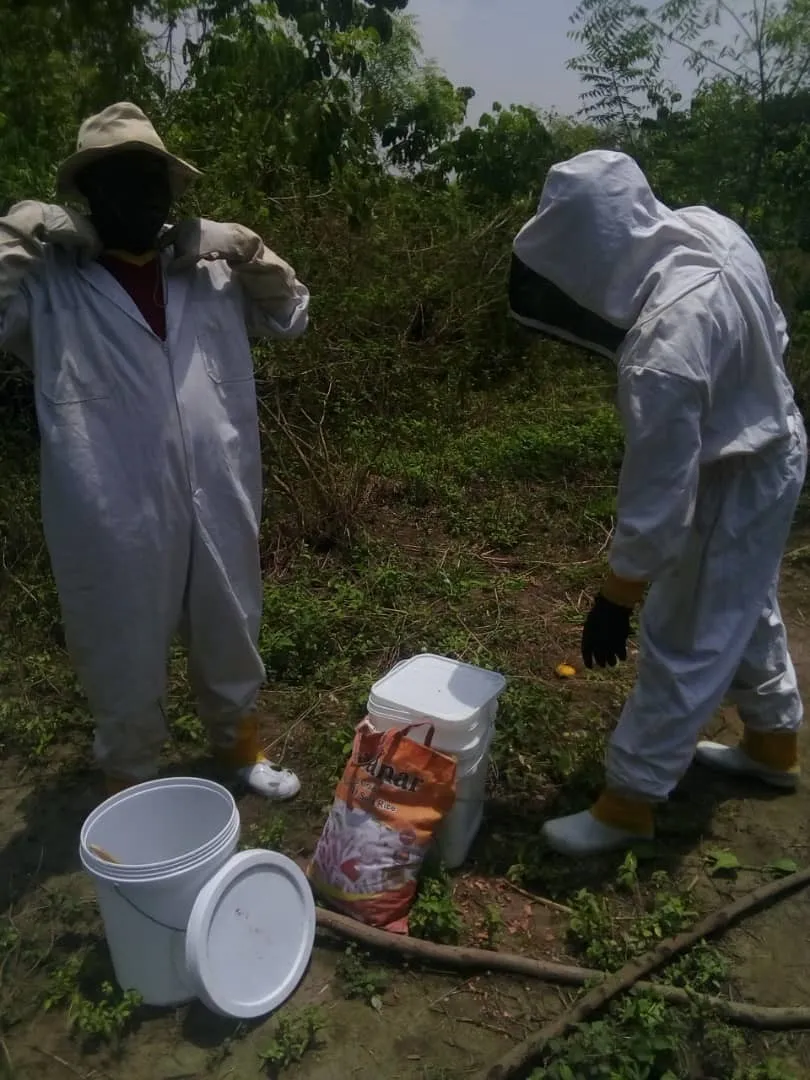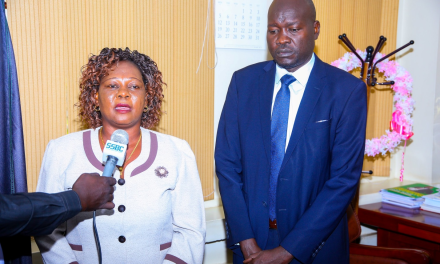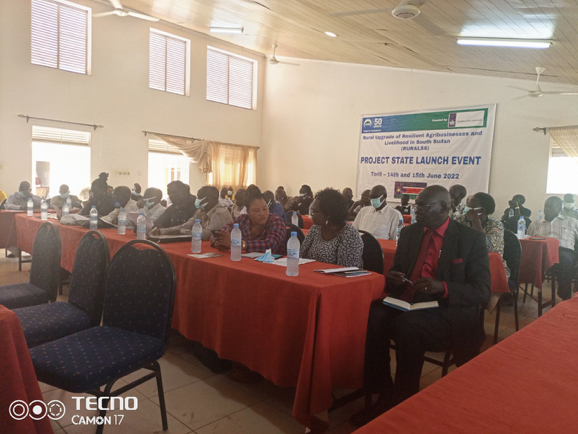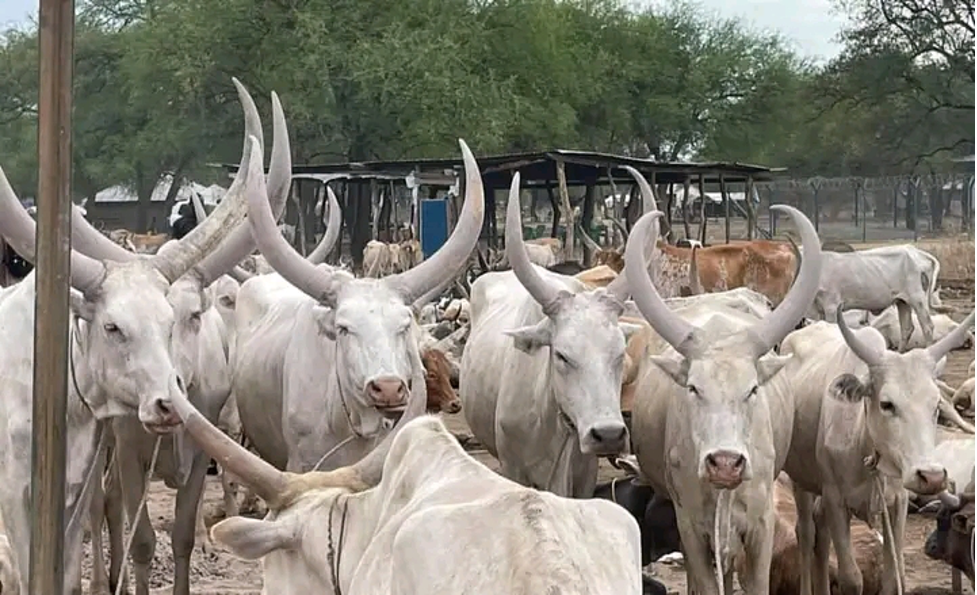
Beekeeping becomes gold mine for Rajaf community

The thriving bee keeping sector in Rajaf East of Juba County is fueling hope of transforming livelihoods for many locals in the area located on the outskirts of the capital of South Sudan.
Daniel Wani, the chairperson of the beekeepers in Rajaf East, Friday, told The Juba Echo that they looking forward to reaping big rewards after years of perseverance thanks to the honey processing machine donated by the Turkish Cooperation and Coordination Agency (TIKA) in 2021.
Wani reminisced the hard times experienced prior to receiving support from TIKA, saying the good times are already being felt as they are already harvesting processed honey and also selling it in the market.
“This project is very important to us, it came at the right time, the donors and supporters gave us training and now we are experts in beekeeping not like before when we were using traditional ways,” he said.
Wani disclosed that TIKA provided them with 300 modern beehives enabling them to improve quantity.
The local NGO Support Peace Initiative Development Organization (SPIDO) was behind the initiative that brought on board TIKA to support people in Rajaf East.
“SPIDO and Turkish organization have really given us hope to continue with this work of beekeeping before we used to try it but nothing good used to come out from it,” said Wani.
He revealed that the recent heavy flooding along the Nile River destroyed some of their beehives.
Victor William, one of the beekeepers, said they are now more money compared to previous years when they lacked modern equipment.
“The flooding along the river has really taken us back otherwise we could be the richest people now in the country because the quantity of honey we are going to get could be sold within and outside the country too,” said William.
Glamourson Musembe, Program Manager of SPIDO, said that they will continue supporting the beekeepers such that they transform themselves economically.
“We are going to help the beekeepers to address the challenges facing them, this project was very instrumental to them because this is the first time to start rearing bees, they have been living with bees but they didn’t know how to benefit economically from beekeeping,” said Musembe.
However, Musembe noted that these beekeepers need more training and support such that they sustain themselves economically.





































